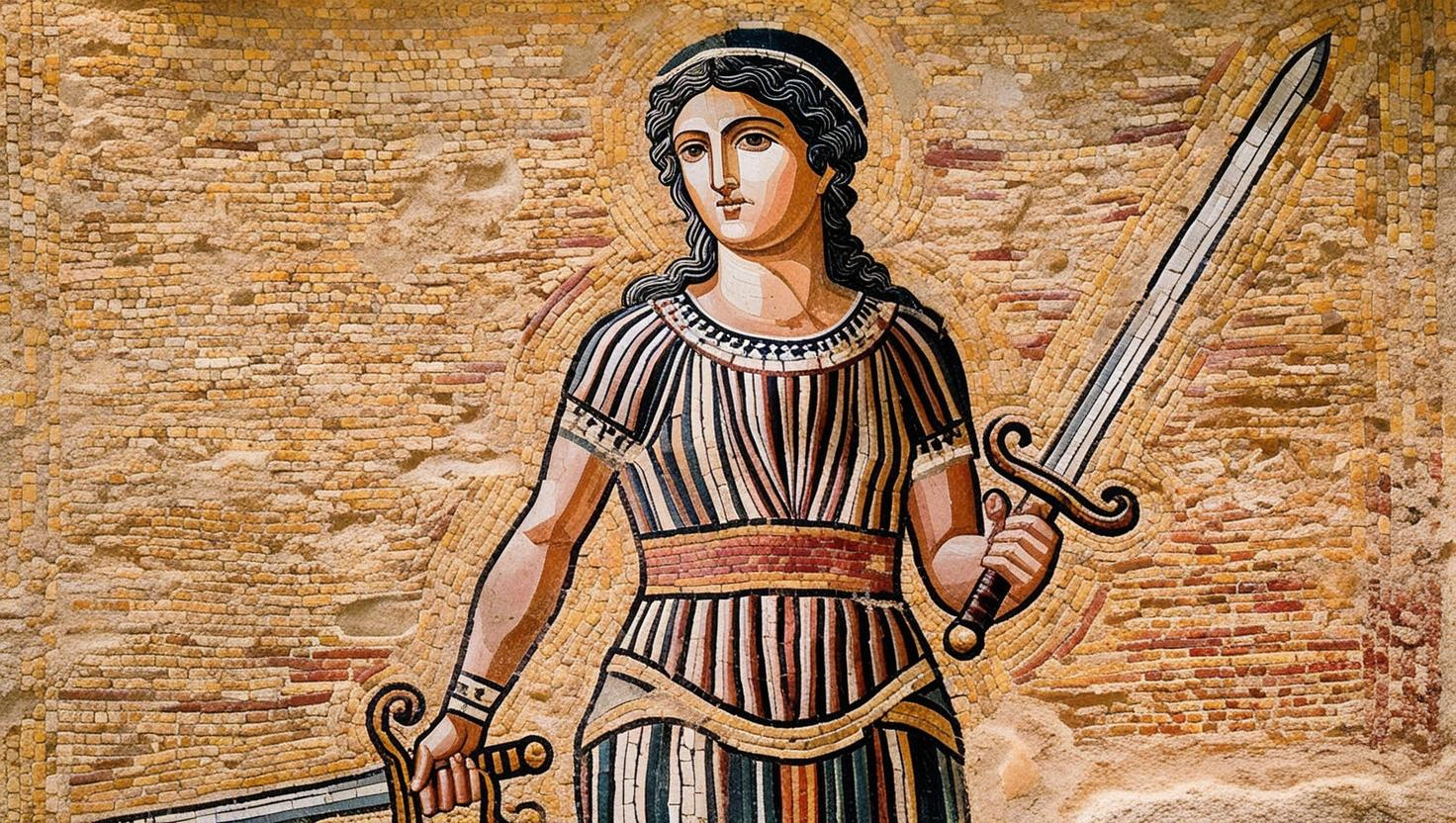Who was Judith?
What is the inspiration for Judith The Wise?
My novel, Judith The Wise, draws inspiration from the Book of Judith, which is included in the Roman Catholic and Eastern Orthodox canons but is considered an apocryphal work by Protestants. Interestingly, the Jewish community holds the story of Judith in high regard, even though the book is not part of the Hebrew Bible. Her narrative has become linked with Hanukkah celebrations, especially within orthodox circles.
What is the Book of Judith?
Most scholars conclude that the Book of Judith was written near the beginning of the first century BCE, shortly after Judea overthrew its Hellenistic overlords, the Seleucids. With obviously false and anachronistic elements, the ancient audience of the Book of Judith understood the story as a thinly veiled critique of contemporary events. By mixing geography and historical timeframes willy-nilly, the original author crafted the story as a satire. Scenes abruptly shift from the Far East to Asia Minor to Africa and various other places in between, while Persian, Babylonian, Greek, and Assyrian references are jumbled together. It was all a big joke meant to evade the notice of the Jewish people’s enemies. These early audiences undoubtedly found this parody hilarious, much like if we were to refer to Napoleon as President of the United States with an office on the moon today.
The art of Judith
Judith has been depicted in every creative setting imaginable: Martha Graham’s modern dance performances, medieval poetry and paintings, stained glass panels in the Sainte-Chapelle in Paris, operas, and sculptures by Renaissance masters. Michelangelo painted her on the ceiling of the Sistine Chapel, and the contemporary artist Judy Chicago included Judith in a place setting in her famous 1979 installation, The Dinner Party. There have been many symphonies and plays…and the list of art created in her honor is endless.
Are there novels written about Judith?
But no one has written a historical novel about her. Until now. I think I know why. Let me explain.
The “chaos” of the narrative doesn’t impede most artistic renditions. However, in writing a historical novel, the “inside jokes” that were obvious to ancient audiences are downright baffling to modern readers. I saw hints of a universal tale that transcended the original context, and I wanted to translate the characters’ motivations into the language of current expectations for novels. With such a dramatic storyline and a powerful central character, it would be a shame to leave Judith in literary neglect. But how can the Book of Judith be made lucid for contemporary audiences?
I grouped all the historical references into their respective timeframes and chose a path through the geographical tangle that required the fewest changes to the original text. My research ultimately led me to set my narrative during the reign of Sennacherib, King of Assyria (705 – 681 B.C.E.). To remain faithful to the narrative, I’ve attempted to maintain the mocking spirit of the original book.
Judith The Wise adds to the ongoing conversation about how bold women can use wisdom to change the world.
For more information
Brenner, Athalya, ed. – A Feminist Companion to Esther, Judith & Susanna. Feminist Companion to the Bible 7. (Sheffield, Eng.: Sheffield Academic Press, 1995)
Brine, Kevin R., Elena Ciletti, Henrike Lahnemann, eds. – The Sword of Judith: Judith Studies Across the Disciplines (Cambridge: Open Book Publishers, 2010) https://books.openedition.org/obp/972?format=toc
Craven, Toni – Artistry and Faith in the Book of Judith. 70 Society of Biblical Literature (Michigan: Scholars Press, 1983)
Enslin, Morton Scott – The Book of Judith: Greek Text with an English Translation. (Leiden: Brill, 1973)
Exum, J. Cheryl, ed. – Reasoning with the Foxes: Female Wit in a World of Male Power. Semeia 42. Society of Biblical Literature (Atlanta, GA: Scholars Press, 1988)
LaCocque, Andre – The Feminine Unconventional: Four Subversive Figures in Israel’s Tradition. Overtures to Biblical Theology. (Minneapolis: Fortress, 1990)
Moore, Carey A. – Judith (Garden City, N.Y.: Doubleday Collection, 1985)
Nowell, Irene – Jonah, Tobit, Judith. Volume 25. New Collegeville Bible Commentary: Old Testament. (Liturgical Press, 2015)
Otzen, Benedikt – Tobit and Judith. Guides to the Apocrypha and Pseudepigrapha (London: Sheffield Academic, 2002)
Streete, Gail Corrington – The Strange Woman: Power and Sex in the Bible (Louisville: Westminster John Knox, 1997)
VanderKam, James C. – No One Spoke Ill of Her: Essays on Judith. Early Judaism and Its Literature 2. (Atlanta: Scholars Press, 1992)
Wills, Lawrence M. – The Jewish Novel in the Ancient World (Ithaca: Cornell University Press, 1995)
